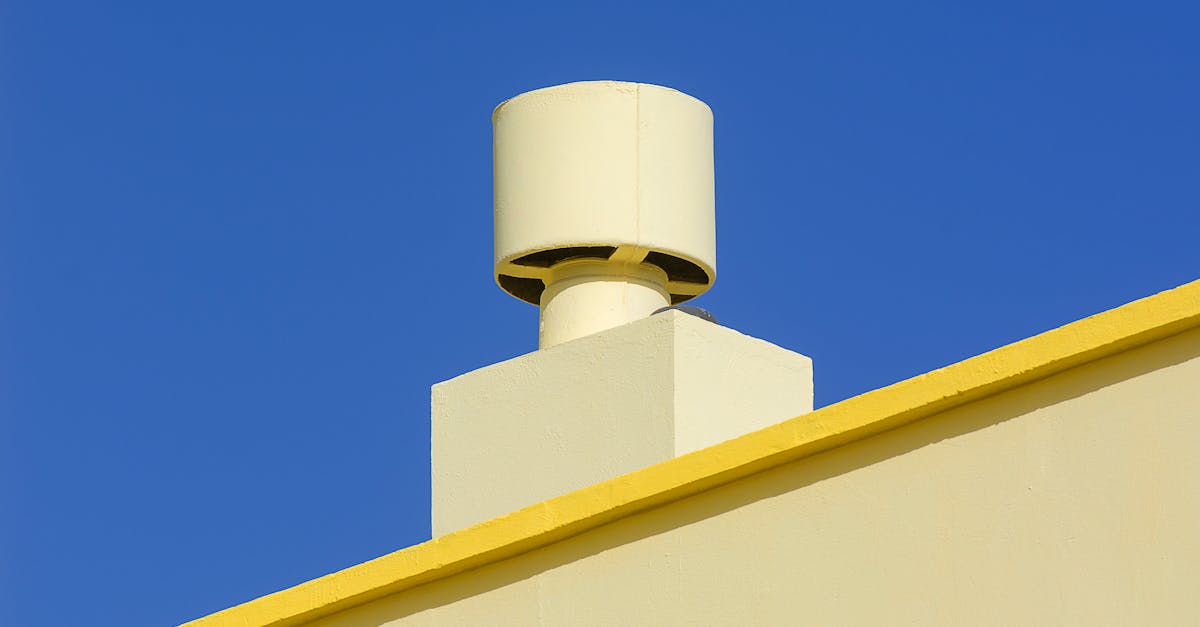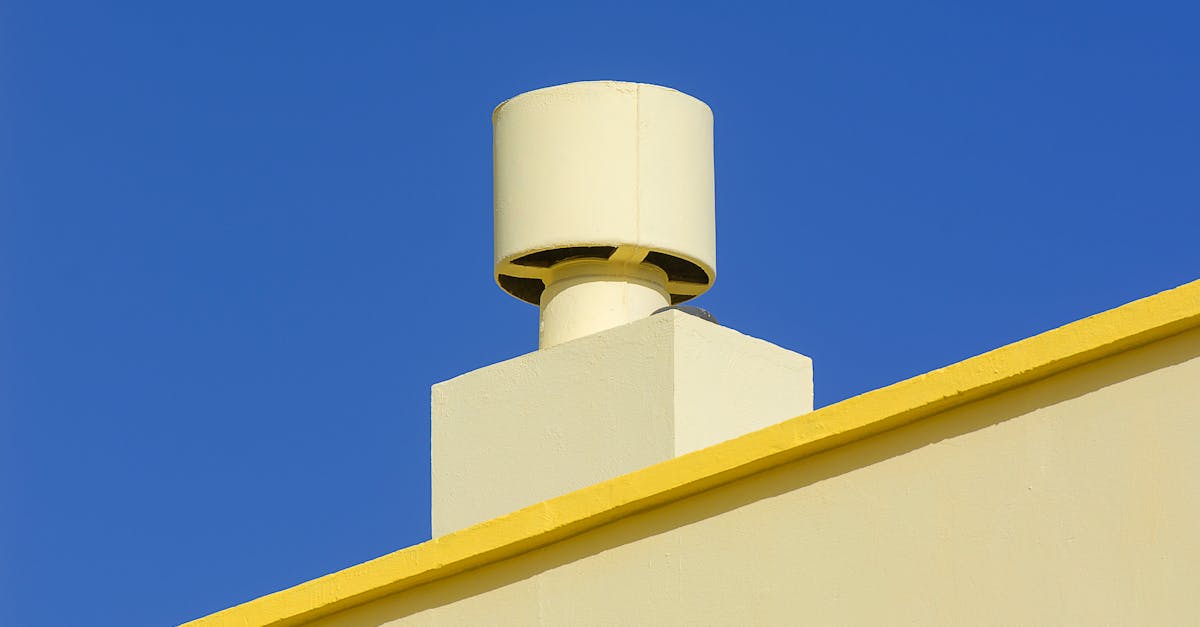
How to Check the Condition of Your Air Filter
Checking the condition of your air filter is a straightforward task that can significantly impact the efficiency of your HVAC system. Begin by turning off the system before accessing the filter. Once you have located it, visually inspect the filter for dirt and debris. If the filter appears dark and clogged, it's a clear indication that it requires Air Filter Replacement. Clean or replace the filter as necessary to ensure optimal airflow.
In addition to a visual inspection, you can also feel the filter. If it feels too dense or you cannot see light passing through it, this is another sign that it might be time for Air Filter Replacement. Regular checks can help maintain air quality and prevent your HVAC system from working harder than it needs to, ultimately prolonging the lifespan of your equipment.
Inspecting Filters for Dirt and Damage
Regular inspection of your air filters is essential to ensure optimal air quality and HVAC performance. Checking for visible dirt and debris can help you determine whether it’s time for an air filter replacement. Filters that are heavily soiled not only hinder airflow but can also strain your HVAC system, leading to decreased efficiency. This inspection should be part of a routine maintenance schedule to prevent any long-term damage to the system.
In addition to dirt accumulation, it’s important to look for signs of physical damage. Cracks, tears, or warping in the filter material can compromise its effectiveness. If any of these issues are present, an air filter replacement is likely necessary. Ensuring that your filters are clean and intact will contribute to a healthier indoor environment and extend the lifespan of your heating and cooling equipment.
The Role of Air Filters in HVAC Systems
Air filters serve a critical function in HVAC systems by trapping dust, pollen, and other airborne particles. This filtration process not only enhances indoor air quality but also protects the system's internal components from accumulating dirt and debris. A clean air filter allows for optimal airflow, which is essential for effective heating and cooling operations. Neglecting regular air filter replacement can lead to reduced system efficiency and increased energy consumption, ultimately driving up utility bills.
Additionally, maintaining the right air filter in your HVAC system contributes to its longevity. Clogged filters can cause the system to work harder, leading to wear and tear on the components. Regular air filter replacement helps minimize the risk of unexpected breakdowns and expensive repairs. Understanding the importance of filters in maintaining a comfortable and healthy living environment is crucial for homeowners aiming to optimize their HVAC performance.
How Filters Affect System Efficiency
The efficiency of an HVAC system is directly influenced by the condition of its air filters. When filters become clogged with dust, dirt, and debris, airflow becomes restricted. This restriction forces the system to work harder, leading to increased energy consumption and higher utility bills. Regular air filter replacement can help maintain optimal airflow, ensuring that the system operates efficiently and effectively.
Moreover, cleaner filters contribute to better indoor air quality. When an air filter is replaced on a regular schedule, it will more effectively trap airborne particles such as allergens, mold spores, and pet dander. This not only supports a healthier environment but also reduces the chances of system malfunctions caused by excessive strain. Prioritizing air filter replacement is essential for both energy efficiency and overall system performance.
Choosing the Right Air Filter for Your Home
Selecting the right air filter is essential for maintaining good indoor air quality. Factors to consider include the type of filter, its MERV rating, and the specific needs of your household. Higher MERV ratings indicate better filtration but may restrict airflow if your HVAC system isn’t designed to handle them. Balancing filtration with your system's capabilities is critical to ensure optimal performance.
Air filter replacement is an important part of HVAC maintenance. Regularly changing your filters not only improves air quality but can also enhance the efficiency of your heating and cooling systems. It’s advisable to consult the manufacturer's recommendations and assess personal or environmental factors, such as allergies or pets, to determine the best type of filter for your home.
Understanding MERV Ratings and Their Importance
MERV, or Minimum Efficiency Reporting Value, measures the effectiveness of air filters in trapping particles of various sizes. It ranges from 1 to 16, with higher numbers indicating a greater ability to capture smaller particles. Understanding MERV ratings helps homeowners choose the right filter for their HVAC systems. Filters with lower MERV ratings may only capture larger particles, while those with higher ratings can trap pollen, dust mites, and even smoke. This effectiveness directly impacts indoor air quality and the system's ability to perform optimally.
Choosing the correct MERV rating is crucial for maintaining efficient air filter replacement cycles. Filters that are too restrictive can strain the HVAC system, leading to increased energy consumption and potential damage. Conversely, filters with MERV ratings that are too low will not adequately remove pollutants, affecting air quality. Homeowners should assess both their air quality needs and their HVAC system’s specifications before making a decision.
FAQS
How often should I change my air filter?
It is generally recommended to change your air filter every 1 to 3 months, depending on usage and the type of filter you have.
What factors can affect how often I need to change my air filter?
Factors include the type of air filter, the number of pets in your home, the presence of allergies, and how often you use your HVAC system.
Can I clean my air filter instead of replacing it?
Some filters, like washable filters, can be cleaned and reused, but most disposable filters should be replaced rather than cleaned for optimal performance.
What happens if I don’t change my air filter regularly?
Failing to change your air filter can lead to reduced air quality, decreased system efficiency, and potential damage to your HVAC system.
How can I tell if my air filter needs to be changed?
You can check for dirt and damage by visually inspecting the filter; if it appears clogged or discolored, it's time for a replacement. Additionally, a decrease in airflow or increased energy bills can indicate a dirty filter.

